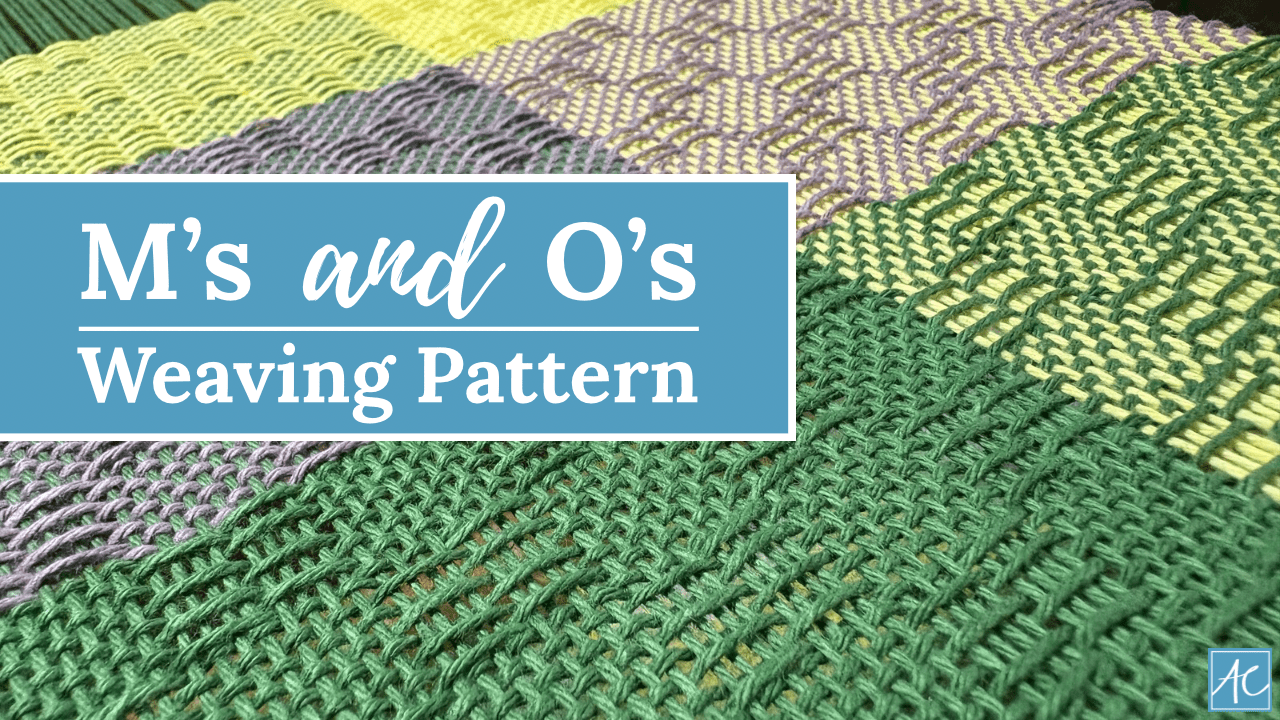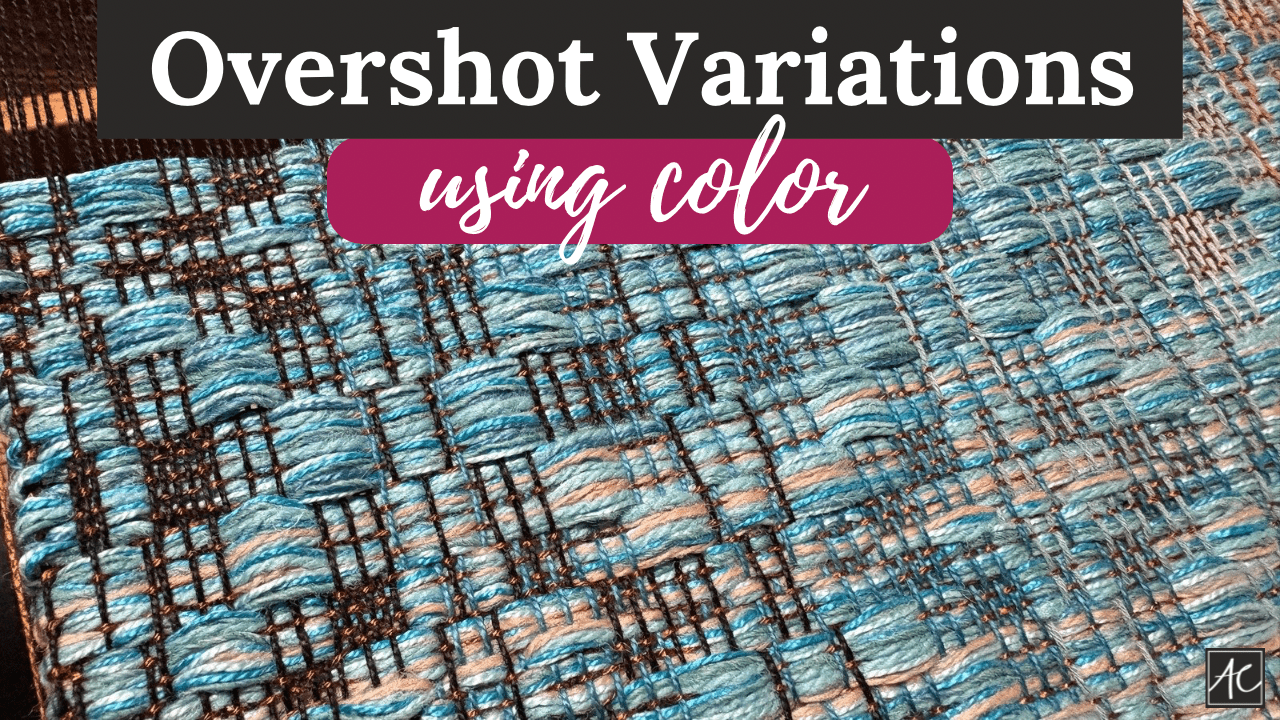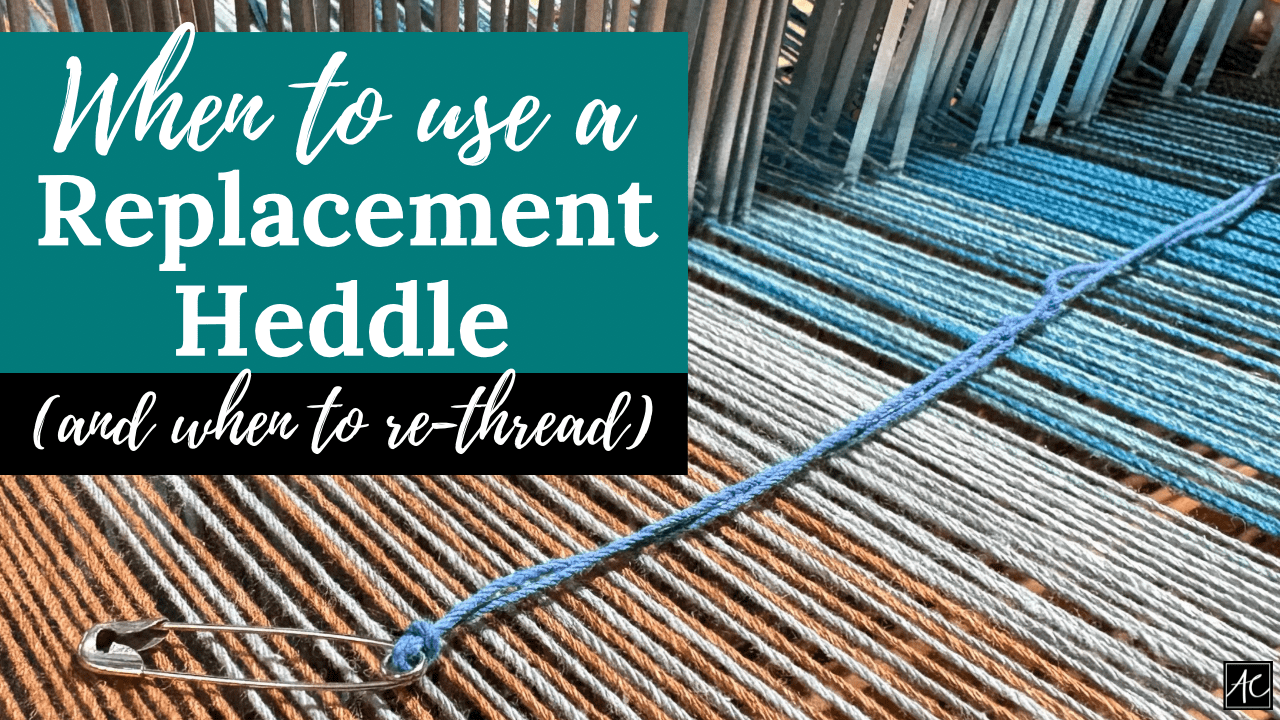Let’s add a bit of color, shall we? When we last left the project, I had just finished dressing the loom! So, without further adieu, let’s see some weaving!!!
First, I use a bit of toilet paper to spread out the yarns from the knots. Weavers use things like old yarn and fabric strips to even the yarns out. Personally, I like how easy it is to tear the TP out when the project is finished!
Above is a side view of the shafts lifting and separating the yarns. The shuttle slips through the separated yarns and the magic begins!
So, my theory is, when creating a project for other people, always sample with my yarn and my section. If I screw it up, it won’t bother me as much as if I mess up someone else’s portion!
The apple green is my color square. When all the weavers have woven their squares, I’ll end up with 12 squares in different patterns, all in my color! I can’t wait!
This type of weaving is called overshot, which involves 2 shuttles. One shuttle creates the pattern (the colored yarn) and one shuttle creates the base of the fabric (the neutral-colored yarn). The patterned yarn is thicker so it will cover the fabric better and create a denser design.
What I learned during this process was that the wool yarn covers much better than the cotton. I chose a cotton because of the price and because I didn’t think it would make such a difference. If I went down this road again, I would rethink that theory!
It was very fun to change yarns throughout the project and see which weaver chose which yarns! In most cases, it completely made sense! Kind of like a personality test – “of course Lisa chose blue wool!”, etc…
When we were discussing the project, the weavers that had already done this before stressed the fact that you have to mark which square belongs to which weaver. Case in point, I have 2 gold yarns that are very similar. So, I tried to tag each square as I finished it to keep it all straight. This became pretty critical since my memory is bad on a good day!
There’s more to come! I’ll have 12 squares when I’m finished. Stay tuned to see the rest!
















